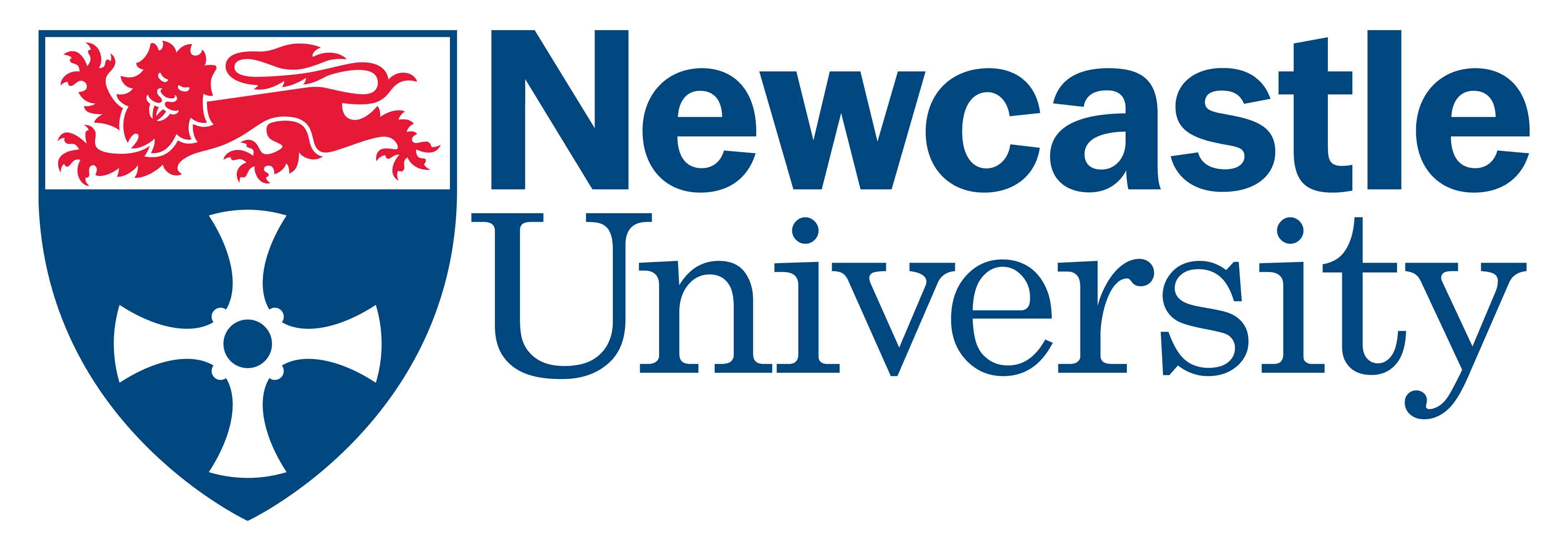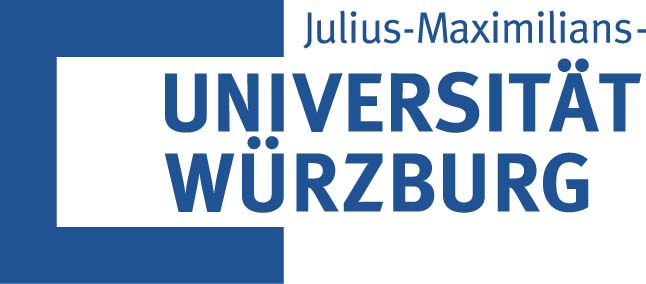Blog
Exhibiting Democracy

- by Christine Eiche and Carla-Marinka Schorr
In the summer semester 2023, we gave a seminar titled “Exhibiting Democracy” at Uni Würzburg. Together with 15 students we explored the role that democracy plays in museums and exhibitions in Germany.
In Germany, a number of new history museums with a focus on the modern federal states and their democratic constitution have been established in the last decades. These “Houses of History” talk about democracy in different ways, exploring the history of the respective federal states, their political evolution and democratic culture.
The topics discussed throughout the seminar covered a broad range: in regards to content we laid the foundation with an exploration of where museums, modern history and democracy meet, what we actually mean when we talk about democratic values and how these values manifest in museum work. We proceeded by talking about the role of museums in a pluralistic society and how museums are political actors, no matter what they decide or do.
 Image 1. Brainstorming: What is democracy?
Image 1. Brainstorming: What is democracy?
A central part of the seminar were examples of exhibitions presented by students: we started with discussions on the most important federal and state museums, their history of origin, their missions, their exhibitions and how they present democracy. We then moved on to pioneering/groundbreaking exhibitions outside of these institutions and internationally, exploring how these actors deal with democracy in their exhibitions. Finally, students developed visions of how their values and preferred formats could be realised in an exhibition.
It was important to us to use a mix of different learning methods in the seminar. We as teaching staff provided input in the beginning, we read and discussed quintessential literature together with the students. The students themselves researched their respective topics, held presentations, and led group discussions. We wanted to enable the students to form and express their opinion in an open discourse and to nurture an atmosphere of academic interchanging of ideas. One particular didactic tool lent itself very well to the topic, as we set up a simulation game to explore the role of museums as actors in a democratic society. The students took over the roles of different stakeholders within an exhibition project and negotiated a way to a compromise, taking into account the differing agendas and responsibilities of their assigned roles.
All in all, our aim was to sensitise the students to the broad meaning of democracy and democratic values and enable them to recognise and reflect on subtle but omnipresent democratic issues in exhibitions and museum work.
Last modified: Wed, 10 Jan 2024 12:08:12 GMT




